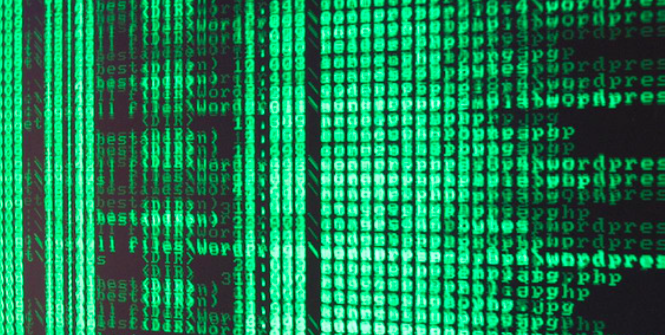The Emerging Threat of Cyberterrorism

Last month the Australian government drafted legislation that would require technology companies to cooperate with security agencies in the fight against terrorism. To what extent should we expect technological advancement to alter the nature of terrorism in the future?
Technological permutation and increasing access to the dark web is mobilising a wave of a new kind of terrorism. With the emergence of innovative and unprecedented markets in finance and communication technologies worldwide, terrorists are now capable of adopting them to facilitate criminal operations. To what extent will the technological advancements alter the way in which terrorism is carried out in the near future?
As the Internet provides new and alternate means to assist crime, security agencies must widen their scope. It now takes very little effort, skill or funds to download critical and illegal software on a personal device to enter the dark web, a parallel online space to the Internet with overwhelming disturbing content which also offers anonymity to its users, by hiding the IP addresses that track and identify regular usage of surface Internet.
Using the dark web, individuals using cryptocurrencies can purchase anything, including drugs, medicine, weapons, and hitmen, and engage in human trafficking and paedophilia anonymously. In April last year, the cryptocurrency bitcoin had an estimated net global worth of USD$ 27 billion (AUD$ 56 billion). A recent study found that nearly half of all bitcoin transactions are illegal. An increase in criminal activity is likely to increase with the use of cryptocurrencies, unless security agencies can get ahead and counter these emerging markets.
In the last decade, terrorism has become more decentralised, making it complex to police. Terrorist operational planning has become more sophisticated, by avoiding banking institutions and online public communications that normally provide law enforcement critical intelligence. Other implications for terrorism includes opportunities for unrestricted recruitment and propaganda, as the dark web provides an ideal space for extremist ideologies and hate narratives to thrive. At this stage, we can only surmise to the extent of the impact new technologies will have on terrorism.
The response has been an increase in national and domestic security, as well as stricter measures on immigration. Online surveillance of civilians has also increased now that there are over 4 billion internet users worldwide. The Australian Criminal Intelligence Commission recently introduced the initiative Australian Cybercrime Online Reporting Network, a civilian monitoring system designed to encourage education and promote national public reporting of cybercrime. The federal financial intelligence agency Australian Transaction Reports and Analysis Centre has implemented new laws for Digital Currency Exchange providers operating in Australia. They hope to improve the sharing of financial intelligence and information relating to the use of digital currencies, such as bitcoin and other cryptocurrencies.
While reinvigorated law enforcement measures are underway to combat ordinary cybercrime, it is the unknown potential of the merging of cybercrime and terrorism that is, or should be, a lingering concern for states. Will terrorism become less about explosions and vehicle attacks and more about utilising the Internet to restrict resources to large populations? Or will it remain equally as violent, but only that its operations are shielded via encryption technology? Perhaps both.
International policing efforts have recently shut down two prominent dark web sites, Hansa and AlphaBay. AlphaBay was servicing 40,000 vendors and is considered to be the largest dark web site to date. Presently, the removal of these sites will only create a minor disruption for its users. New sites will open or existing ones will absorb the business.
Last year the Australian Cyber Security Centre considered cyberterrorism to be a low threat to Australian security, suggesting that terrorist groups still lack the “technical sophistication”. However, we should take note of the findings of the 9/11 Commission Report, which claimed that their biggest error was a lack of imagination in foreseeing threats to national security.
It would serve Australia’s security interests to approach the online arena as always unpredictable, and to implement countermeasures that make careful and serious considerations regarding the potential of terrorism and the dark web. The online criminal world demands critical imagination in order to plan for the worst.
Kendall Galbraith is a research analyst and writer for the Edith Cowan Centre for Global Issues at Edith Cowan University. She is completing a master’s degree in counter terrorism and security studies at Charles Sturt University.
This article is published under a Creative Commons Licence and may be republished with attribution.





